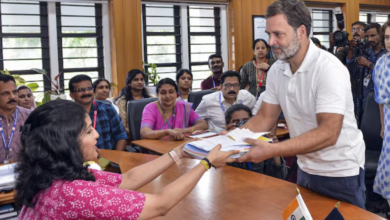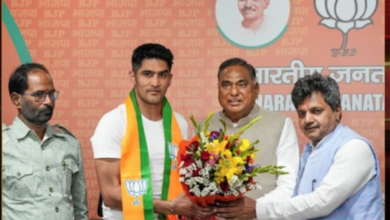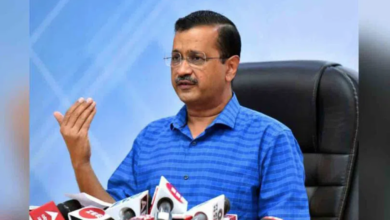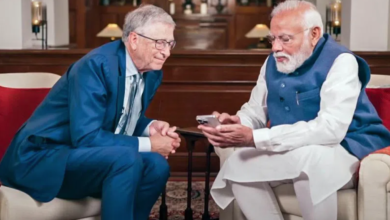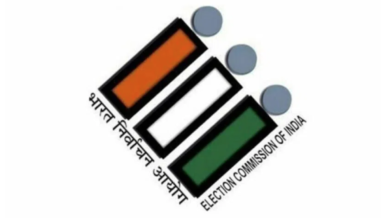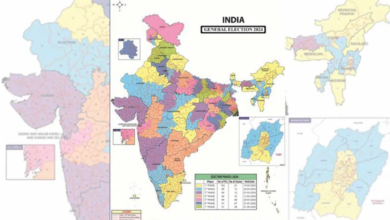No comments on religion, BJP advises its spokespersons
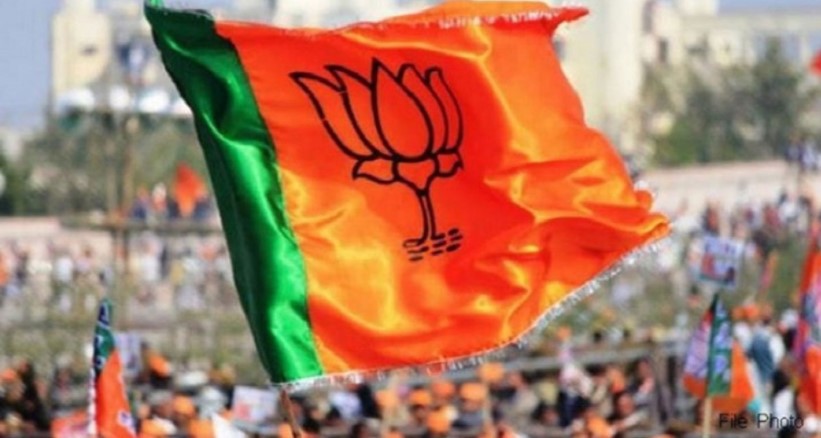
The Bharatiya Janata Party (BJP) advised its spokespersons in a set of informal internal instructions to be more restrained, as it attempted to firefight the diplomatic crisis in West Asia sparked by a party leader making controversial remarks on Prophet Mohammed last week.
The party asked spokespersons to use measured language, refrain from criticising any religion, religious figures or symbols, and not violate the party’s ideals by getting provoked in television debates, said senior leaders aware of developments. Only authorised leaders will be allowed to represent the party on air, they added.
The price of these large rugs is insanely affordable now! Top quality of ma

One of the leaders said some sort of directional guideline was needed.
“Over the last few months, it was noticed that some members of the party were getting increasingly virulent in the media and making unrestrained comments in an attempt to get ahead and be noticed. This trend needed to be arrested,” this person added on condition of anonymity.
But the informal instructions may not have been given across the organisation since many spokespersons HT reached out to denied that they had been spoken to, even if only informally.
The developments came on a day Malaysia became the latest country to condemn the remarks made by now-suspended BJP spokesperson, Nupur Sharma, last week. A clutch of Muslim-majority countries in West Asia, South Asia, and South-East Asia have condemned the remark, representing a formidable foreign policy challenge for the government in a region it has assiduously worked to strengthen ties.
Kuwait, Qatar and Iran summoned Indian ambassadors on Sunday to protest against the remarks by Sharma, who was removed as a spokesperson and suspended by the party, and Naveen Jindal, who was expelled by the BJP. The external affairs ministry said such comments reflected the “views of fringe elements”.
“The suspension, expulsion [of spokespeople], and the public action taken in this regard was also meant to act as a deterrent for other leaders, and to send a message to all leaders to temper their language,” said the leader quoted above.
The informal instructions also advised spokespersons to check the topic of a debate and prepare beforehand, not get “tricked” into commenting on divisive issues and focus on upholding the party’s work.
Saudi Arabia, the United Arab Emirates, Bahrain, Jordan, the Gulf Cooperation Council (GCC) and the Organisation of Islamic Cooperation (OIC) denounced the remarks and a senior Omani foreign ministry official raised the matter with the Indian ambassador. Indonesia, Maldives and Libya also condemned the remarks. The external affairs ministry did not respond to the statements from the West Asian countries, Indonesia and GCC but spokesperson Arindam Bagchi rejected the criticism from Pakistan and OIC.
On Tuesday, Malaysia said it “unreservedly condemns the derogatory remarks” and added that it had conveyed its “total repudiation” to India’s envoy. “Malaysia calls upon India to work together in ending Islamophobia and cease any provocative acts in the interest of peace and stability,” a statement by the country’s foreign ministry said.
The controversy represents a serious foreign policy challenge for the country because the bulk of India’s energy requirements are met by oil and gas from West Asian countries, especially Saudi Arabia and Iraq. The government has worked assiduously in recent years to bolster relations with the region, described as India’s extended neighbourhood, and ties have dramatically improved with Saudi Arabia and the UAE. West Asia was also home to some nine million expatriates before the Covid-19 crisis, and many Indians who came back home have returned as pandemic-related restrictions were eased.
The government has repeatedly said it accords the “highest respect to all religions”, and that the “offensive tweets and comments denigrating a religious personality were made by certain individuals” The foreign ministry has also said that the remarks “do not, in any manner, reflect the views of the government of India” and “strong action” had been taken against the individuals by relevant bodies.
(with Reuters inputs)

